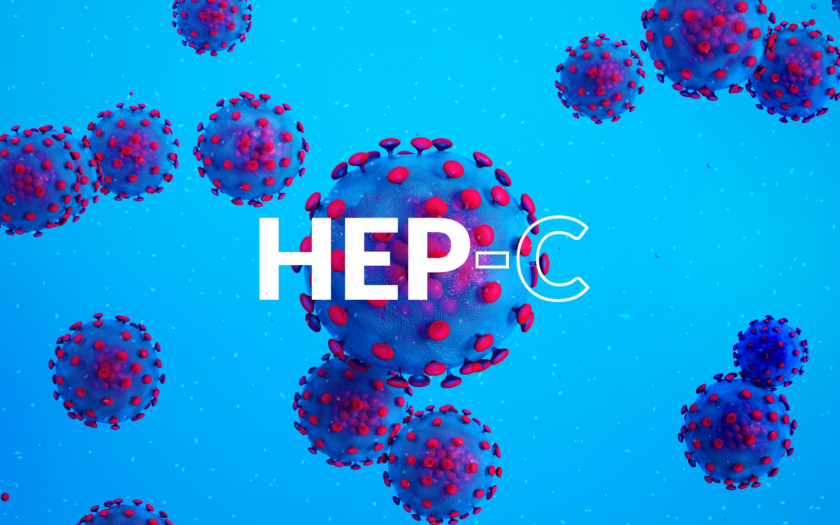A healthy diet for hepatitis C can help slow the progression of the disease. If you eat healthy, you can avoid the discomfort associated with the disease. That is why it is important to know which foods are good for hepatitis C and which can be harmful.
Patients with viral hepatitis should prefer easily digestible foods high in lipotropic substances, fiber, pectin, vitamins and trace elements. Animal fats should be limited, but they can not be completely excluded from the diet. You should prefer unsaturated fats, which are contained in fish and plant foods. It is also important that the body receives enough protein and complex carbohydrates.
The basis of the diet should be vegetables and fruits, as they are rich in nutrients. They should be eaten at each meal, ie 4-5 times a day. With hepatitis C, it is recommended to follow the following dietary principles:
- always follow a diet;
- do not overeat, portion size should not exceed 250-300 g;
- eat warm food;
- increase fluid intake to 2 liters of water;
- reduce salt intake to 3-5 g per day;
- boil, steam or bake food.
Let’s consider the list of useful fruits and vegetables at hepatitis C:
- Apples.
It is desirable to choose apples of green, non-sour varieties. Eat them fresh, without skin, no more than 2 pcs / day.
- Avocado.
Its fruits contain the antioxidant glutathione, which blocks the action of toxic substances. In addition, avocados contain easily digestible protein, fiber, folic acid, vitamins C and E. With regular consumption of avocados, the risk of liver cancer is reduced and blood cholesterol levels are reduced.
- Melon and watermelon.
Watermelons and melons are diuretics because they contain a lot of water. That is why they remove toxins, helping the liver to cleanse the body. These fruits strengthen the body, help fight viruses and prevent fatty deposits in the liver.
- Bananas.
Bananas are useful in hepatitis C, but only in limited quantities – no more than one per day. They mainly consist of carbohydrates, most of which are converted into sugar. But they also contain fiber, which lowers cholesterol, and potassium, which maintains fluid levels, which is important in hepatitis C.
- Grapefruit.
Despite the acid content, citrus fruits in hepatitis C are useful. They are rich in antioxidants and vitamin C, so they help cleanse the liver of harmful substances. Grapefruits accelerate regeneration processes and promote tissue healing, cleanse the liver lymph nodes.
- Raisins.
It strengthens the immune system and removes cholesterol.
- Dried apricots.
They are rich in organic acids, iron, calcium and B vitamins. Dried apricots perfectly lower cholesterol.
- Dates.
It removes toxins and normalizes the digestive tract, including the liver.
- Dried apples.
They have the same health benefits as fresh fruit. The main thing is to make them from sweet green apples.
In the case of hepatitis C, it is recommended not to eat unripe fruit. Also, do not buy off-season fruits, they contain a huge amount of carcinogens. Instead of being beneficial, they will further damage the liver.
Remember that taking modern antiviral drugs (for example, Sovaldi or Hepcinat) and following a diet will help get rid of hepatitis C as soon as possible!

